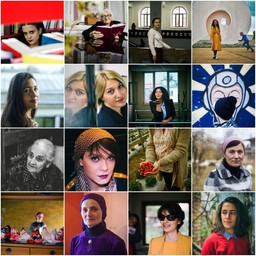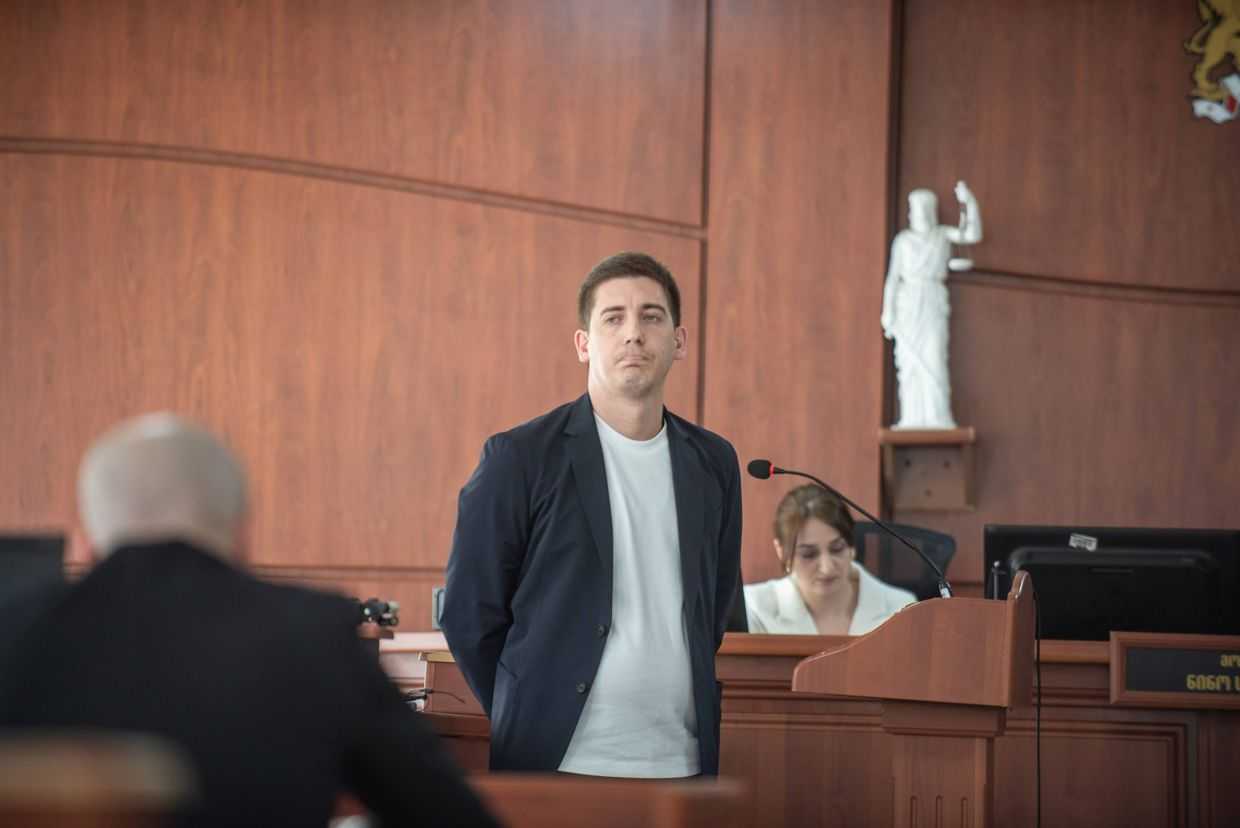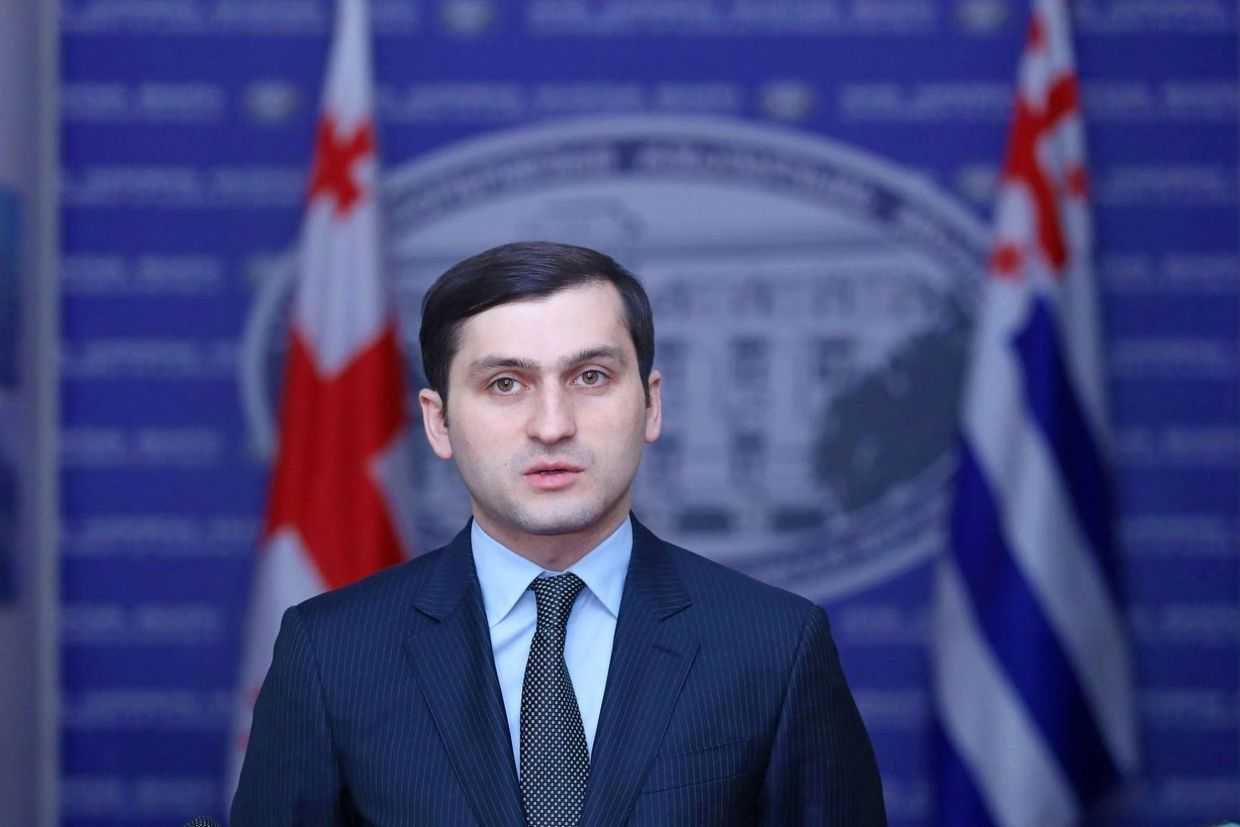
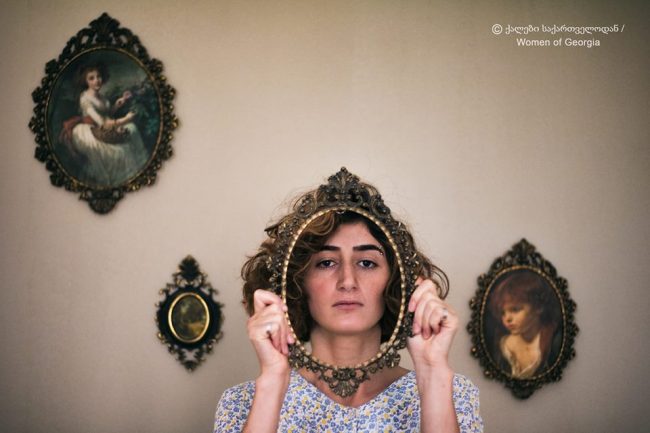
Women of Georgia — Tamta Abuselidze, 27
‘I heard many times of women’s abductions when I was living in the village. And of course, I never thought that it was a good thing, but I also didn’t know it was illegal. They never taught us anything about it at school, there was no literature about it.’
‘When we moved to Batumi I didn’t study it there either. I had an interest in civic education but I didn’t have any resources or internet access. From school I knew about [Georgian saint] Shushanik, Shah Abbas [of Persia], H2O, sine and cosine, the law of universal gravitation, but we never discussed human rights or gender.’
‘I didn’t know anything about NGOs or how I could protect my rights. So I had no idea about the second chapter of the constitution and the 143rd article of the Criminal Law Code (on illegal deprivation of liberty).’
‘Then I was abducted; and I found out about it. I went through two wars in August 2008 — one national and the other personal. The day I learned I’d been accepted into the Department of Law at university, a car stopped in front of me as I was coming back home from the beach. There was a person who was in love with me and four others backing him up. They forced me into the car.’
‘No one asked me whether I wanted to get in or not, whether I would choose this. No one cared about my crying, yelling, my tears, begging, or threats. They took me to the mountains; no one would find me there.’
‘No one came to help’
‘I remember my first emotions — confusion and uncertainty. Then I felt fear, because I needed to be stronger than five people. But I still dared, and I screamed before we left inhabited areas. Whenever I screamed there was a hand covering my mouth. When I tried to break the windows of the car, someone was holding my hands and feet. No one came to help. I got tired and gave up.’
‘Halfway down the road, we reached another area of Adjara, Shuakhevi. I recognised it because my village was in the same region. I also noticed a police car. I reached the window and started screaming for help, but they shut my mouth in a matter of seconds.’
‘I heard the driver saying that it was the 14th or 15th time he was involved in bridenapping, and all of them ended “happily”: everyone screams in the beginning, but in the end they end up creating families. I promised myself that I would be the exception.’
‘We spent about six hours on the road before we reached the mountains. I didn’t want to leave the car, but I knew I wouldn’t win. It was my way of protesting. In the end I still had to get into the hut. I protested by refusing food.’
‘The windows didn’t have bars and this made me hopeful. On the way I noticed there were lights in several houses. These lights were a form of consolation.’
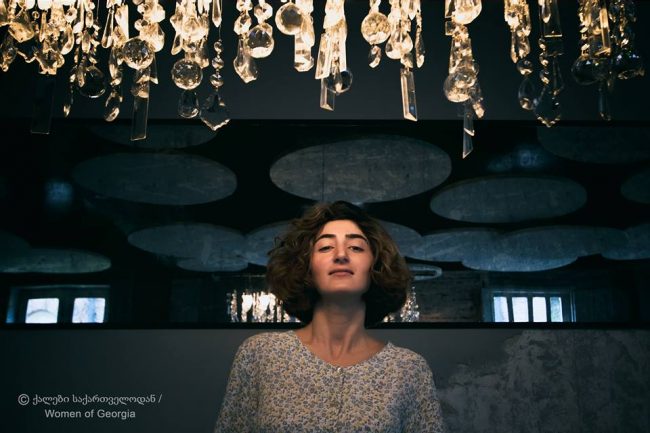
‘The police were not in a hurry to find me’
‘The abductors were notified that my parents had filed a complaint with police for illegal deprivation of liberty. My parents knew about bridenapping threats from my ex-boyfriend. They correctly assumed the reason of my disappearance, and later received confirmation from his parents.’
‘The police were not in a hurry to find me, since there is a 48-hour period that needs to pass before they would start looking for me. My kidnappers threatened that my father would have problems with the police because they had connections there. They also threatened that they would keep me another week in the mountains. I became afraid and believed this absurdity.’
‘I was forced to call home and say that I went with them of my own free will, and asked them to withdraw the appeal to police. They [the abductors] hung up the phone almost immediately after I said this. This is when I decided to run, because I was afraid no one would come to find me after this call.’
‘They left the door to my room open and would come in after hearing even the slightest noise. The moment I opened the window and wanted to jump out they came in and caught me. I had to think of a new plan.’
‘Everyone was congratulating us for creating a family’
‘I pretended to take “their side” and said that our family would be beautiful. I said I had decided to become my kidnapper’s wife, because everyone would assume I was not a virgin anymore, so no one would have me back.’
‘We went back to Batumi the next day. On the way back we visited one of the man’s relatives. There was a feast. Everyone was congratulating us for creating a family. I was standing near the edge of the table crying. I couldn’t believe that no one cared about my feelings. No one expressed any sympathy, no one felt sorry for me, no one asked what I wanted or why I was crying.’
‘When we arrived in Batumi I was told I had to go to the police for questioning. It turned out my parents did not believe what I said during the call, and did not withdraw the appeal, so the investigation had continued.’
‘I had a legal right to do what I wanted’
‘When I went there [to the police station], my parents, my aunt and her friend, and a lawyer, Tamuna Kordzaia, were there. They said my father would not be in danger and that I could decide what I wanted to do. It was the first time I realised I had a legal right to do what I wanted, and I would not hurt anyone doing that.’
‘Unfortunately I didn’t press charges. I said I went there of my own free will during the questioning. I noticed the investigator was in a hurry to close the case as soon as possible. When I left the building I could hear joy from one side, the man’s friends and relatives, who were already planning a wedding.’
‘But there was grief from the other side. I saw the pale and sad faces of my parents, and decided to stay with them. I decided to do as I wanted. Some people tried to persuade me that I was shaming my family with my decision.’
‘To be honest, I don’t know why I didn’t press charges. Maybe I was still afraid or felt sorry for him. He was younger than me, 17-years-old, and he was also a victim of this society. After some years passed, he asked for forgiveness.’
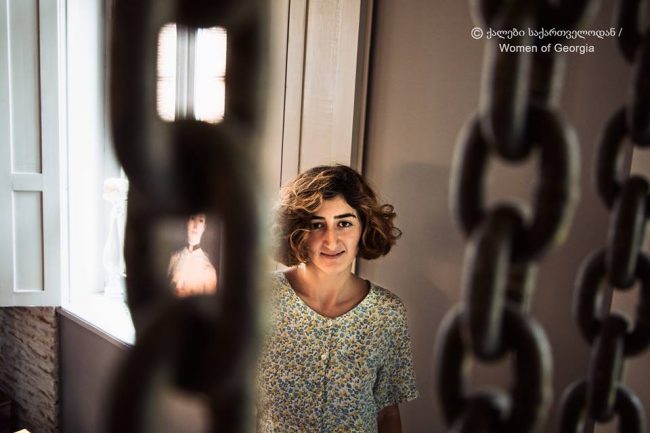
‘The more you know, the less afraid you are’
‘Somewhere there, in the mountainous regions, there is no civil education, no internet, no access to other resources. There, they still think in the same way, this remains a permanent problem, we still witness women being forced to become people’s wives unwillingly.’
‘Maybe there is nothing new in this story. But there are still girls who are afraid and choose to stay. There are parents who are ashamed and force them to stay. This is why I decided to tell this story.’
‘I wanted to tell it to those who have gone through the same experience, or who are in danger of doing so. I want to say that it is wrong. We should teach young children in preschools and schools and at homes about this, because the more you know, the less afraid you are of the chains of society.’
This article is a partner post written by Nino Gamisonia. The original version first appeared on Women of Georgia, on 11 October 2017.



